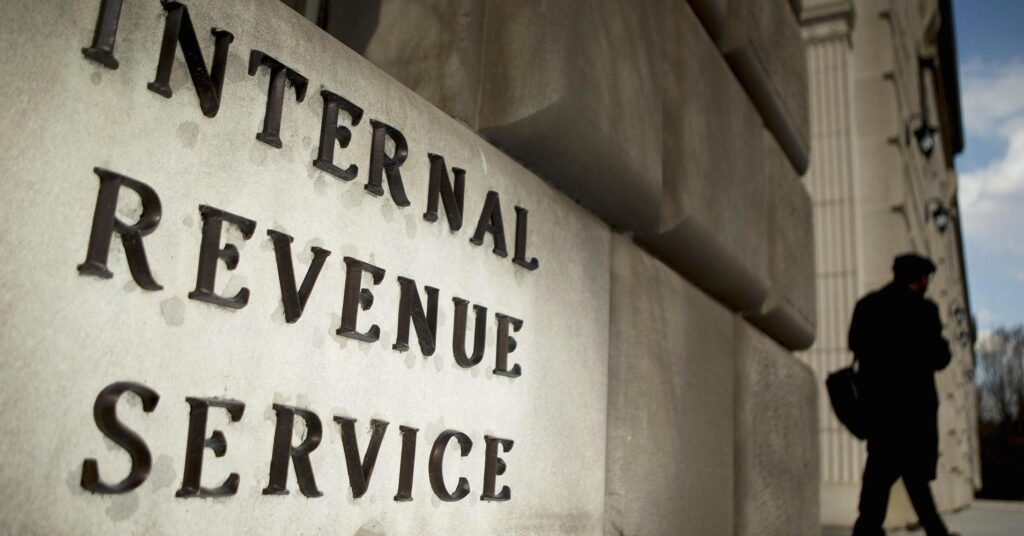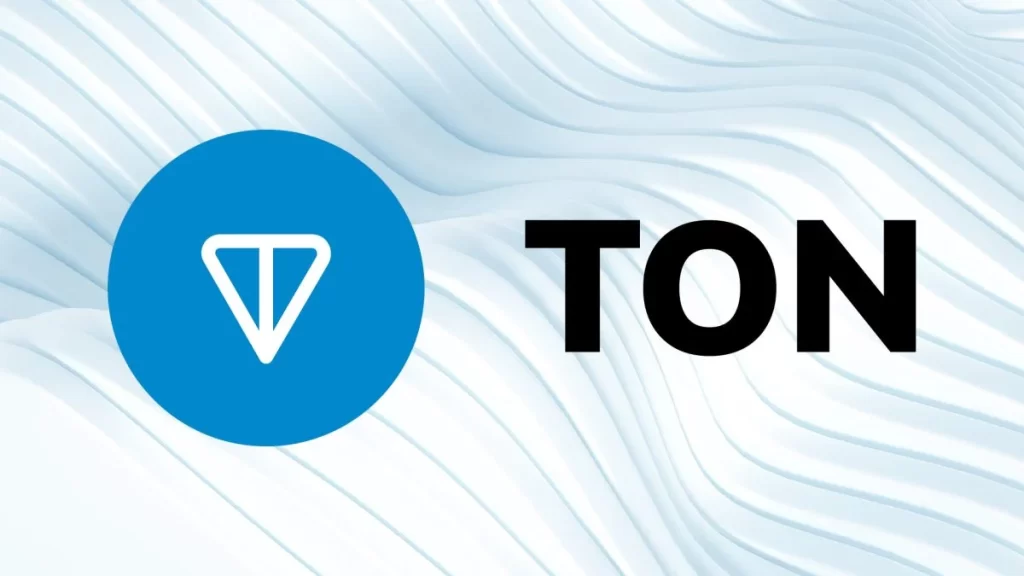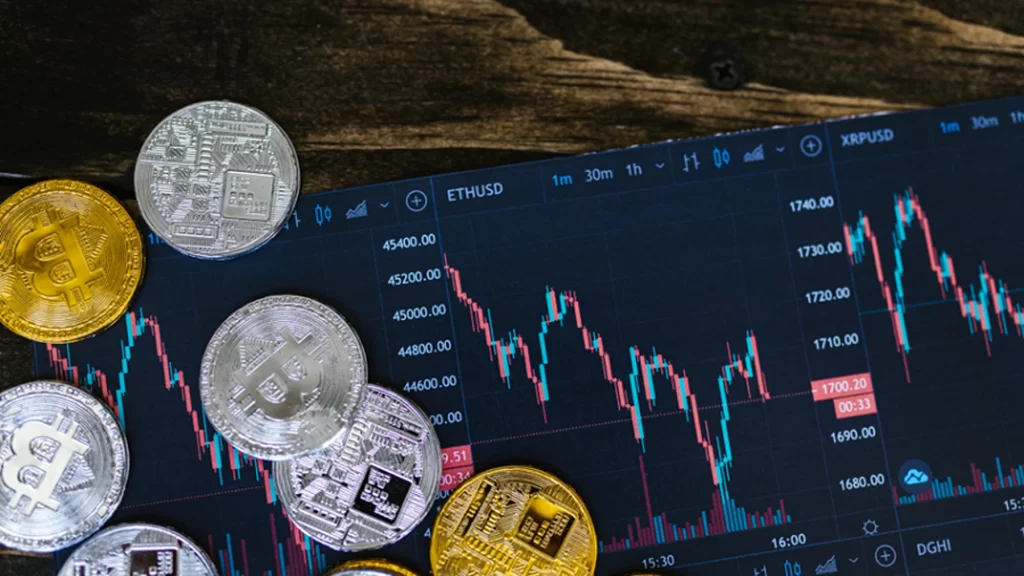Jamaal Bowman, a House Representative for New York’s 16th Congressional District, has lost the Democratic primary, which could have allowed him to retain his seat in 2025.
According to a June 26 projection from NBC News, Democratic challenger George Latimer will defeat Rep. Bowman by roughly 58% to 42%, with 84% of the vote reported at the time of publication.
The Fairshake political action committee (PAC) spent more than $2 million on a media campaign opposing Bowman’s reelection, not for his voting record against pro-crypto bills, but for claims of “pushing dangerous conspiracy theories.”
During his time in Congress, Rep. Bowman voted against the Financial Innovation and Technology for the 21st Century (FIT21) Act, the CBDC Anti-Surveillance State Act, and a joint resolution overturning a Securities and Exchange Commission (SEC) rule on banks handling crypto.
Latimer, in contrast, has not made any notable statements on crypto or blockchain.
Bowman had the support of many members of his party.
However, interest groups, including Fairshake and the United Democracy Project — a PAC reportedly tied to the American Israel Public Affairs Committee — spent $17 million to oppose the Democratic incumbent.
Bowman has been openly critical of Israel following the nation’s military actions in Gaza.
Before the primary election, New York Representative Alexandria Ocasio-Cortez (AOC) called out Fairshake and the United Democracy Project for “dump[ing] nearly $15 million to unseat a member of Congress” as “corruption” and “a core threat to American democracy.”
On June 25, AOC won the Democratic primary for New York’s 14th Congressional District.
Gemini co-founder Tyler Winklevoss, who recently pledged $1 million to support Donald Trump in the 2024 presidential election, said on X on June 25 that “this is what happens when you pick a fight with the crypto army.”
His comments were likely alluding to Latimer’s primary victory.
READ MORE: Bitcoin and Ether Transaction Fees Plunge Amidst Crypto Market Turmoil
In Utah, John Curtis, a Representative for Utah’s 3rd Congressional District, won the June 25 Republican primary for the U.S. Senate. According to filings with the Federal Election Commission,
Fairshake’s affiliate PAC Defend American Jobs spent more than $3 million on media buys supporting Curtis and roughly $1.2 million to oppose challenger Trent Staggs.
While Staggs’ position on crypto is unclear, Rep. Curtis cosponsored the FIT21 Act and the CBDC Anti-Surveillance State Act and voted in favor of the joint resolution to overturn the SEC Staff Accounting Bulletin No. 121.
He also supported the SEC’s efforts to approve spot Bitcoin exchange-traded funds and said, “crypto has become a significant part” of the U.S. economy.
With roughly $169 million in its coffers contributed by crypto firms, including Coinbase and Ripple, Fairshake’s media campaigns may have already influenced U.S. voters.
In March, California Representative Katie Porter lost a primary race for the U.S. Senate after a Fairshake ad claimed she took campaign contributions from “big pharma, big oil, and the big bank executives.”
Protect Progress, another Fairshake affiliate, backed Democratic candidates Shomari Figures and Julie Johnson, who won their respective primaries in California and Texas.
To submit a crypto press release (PR), send an email to sales@cryptointelligence.co.uk.








